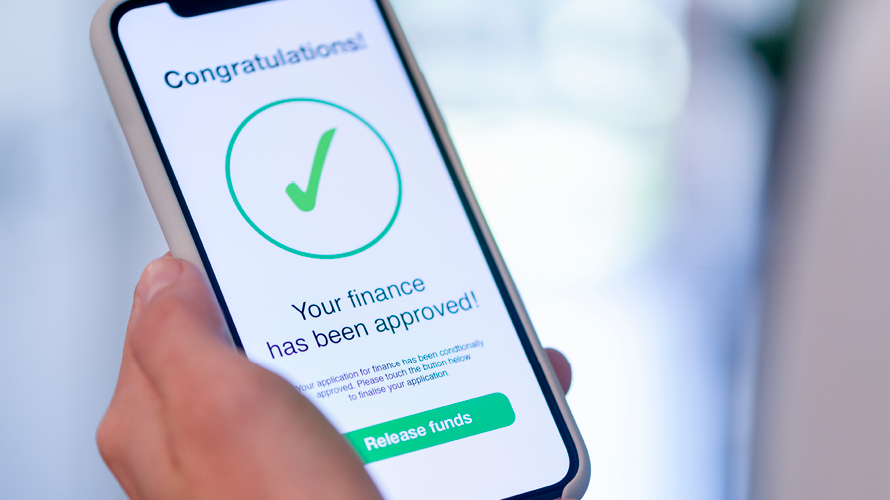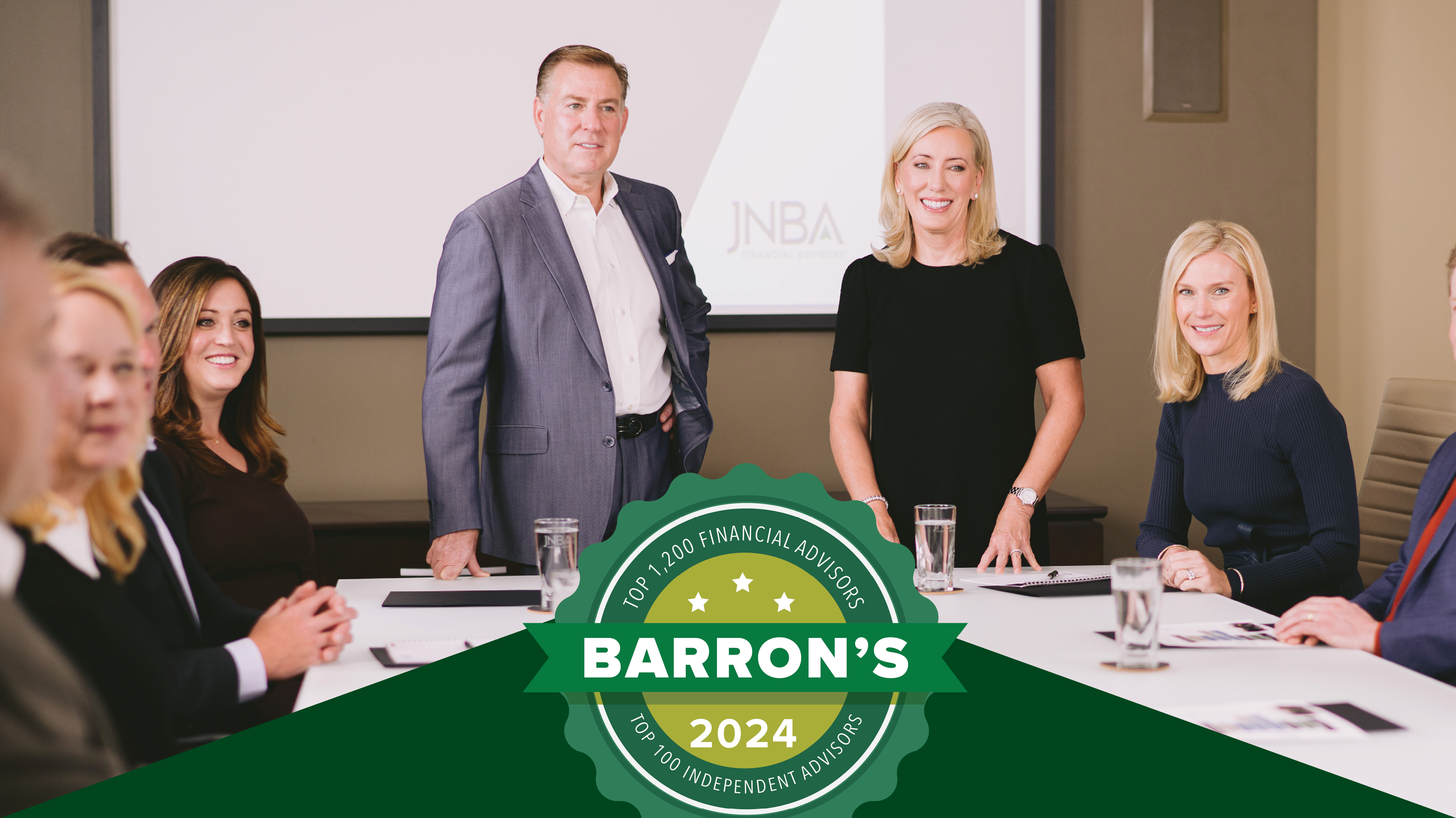With spring upon us it can be a busy time for everyone, and some of that spring fever can impact your pocketbooks. Did staring at the four walls of your home over the winter spur some thoughts about wanting to upgrade your home with a kitchen remodel, putting in a new patio out back, or doing some landscaping? You could also be in the market for a new car or wanting to travel. As you consider how best to pay for these expenses – some minor, others major – here are some financing options to explore depending on your situation.
For Larger Expenses
There are a few ways to finance larger expenses. Your home can be a powerful borrowing tool due to the often-low interest rates associated with borrowing against this asset. If you happen to have enough equity (home value less debt currently owed) in your home, you can look at going one of three routes.
Home Equity Line of Credit, also known as a HELOC: This option is ideal for getting access to money fairly quickly and for expenses that you think can be paid off within a reasonable time frame (a few years). When you borrow from a HELOC, you are charged interest and are not required to pay down any principal balances (interest-only payments). The interest rate is typically variable, which is why we suggest that this is only used for shorter-term borrowing. If you have a bonus or commission payment coming in the next few months but need access to cash now for an expense, this can be a good borrowing tool.
Cash Out Refinance: At the time you refinance your existing mortgage, you can increase the mortgage balance to essentially get additional cash out from the loan. For instance, let’s say you need $40,000 to finish your basement, and your current first mortgage balance is $200,000. If you utilized a cash out refinance to get the money for your basement project, your new first mortgage would be $240,000. The monthly payment amount (principal and interest) would be based upon this new balance.
Home Equity Loan: This establishes a second mortgage (like a HELOC would, generally) but this option starts amortizing your balance right away. Said another way it allows you to start paying down your principal balance right away instead of just paying interest. Banks can set up this loan to be paid off within a year or up to 20 years at some institutions.
For Smaller Expenses
You can use really any of the above options to finance smaller expenses, but another option is to use credit cards. The ideal scenario for when it’s appropriate to “finance” an expense with a credit card is one that will be paid back within the month that the balance on the credit card is due. Interest rates on credit cards tend to be high, so this is not a recommended way of borrowing money long-term.
An example of when it would be appropriate to use your credit card for an expense would be if you currently have the cash to pay the charge (or will have the cash to pay it off by the time your statement balance is due) and are looking to earn cash back, points, or other rewards through your credit card provider.
Lastly, some retailers (furniture stores, etc.) offer no-interest financing for a certain number of months if you open a credit card with them. This can be a good option if you plan on paying off the entire balance within the offered interest-free time frame. Be careful with this option because if you do not pay off the card by the time the interest-free period expires, the card company will assess interest on your card as if you carried the full balance from the start and had paid nothing off.
If you have any questions about how best to pay for an upcoming expense, either large or small, please reach out to your advisory team at JNBA.
JNBA is not an accountant and no portion of the above should be construed as accounting advice. All accounting issues should be addressed with an accounting professional of your choosing.
Due to various factors, including changing market conditions and/or applicable laws, the content may no longer be reflective of current opinions or positions. Moreover, you should not assume that any discussion or information contained in this blog serves as the receipt of, or as a substitute for, personalized investment advice from JNBA Financial Advisors, LLC.
Please see important disclosures information at www.jnba.com/disclosure



